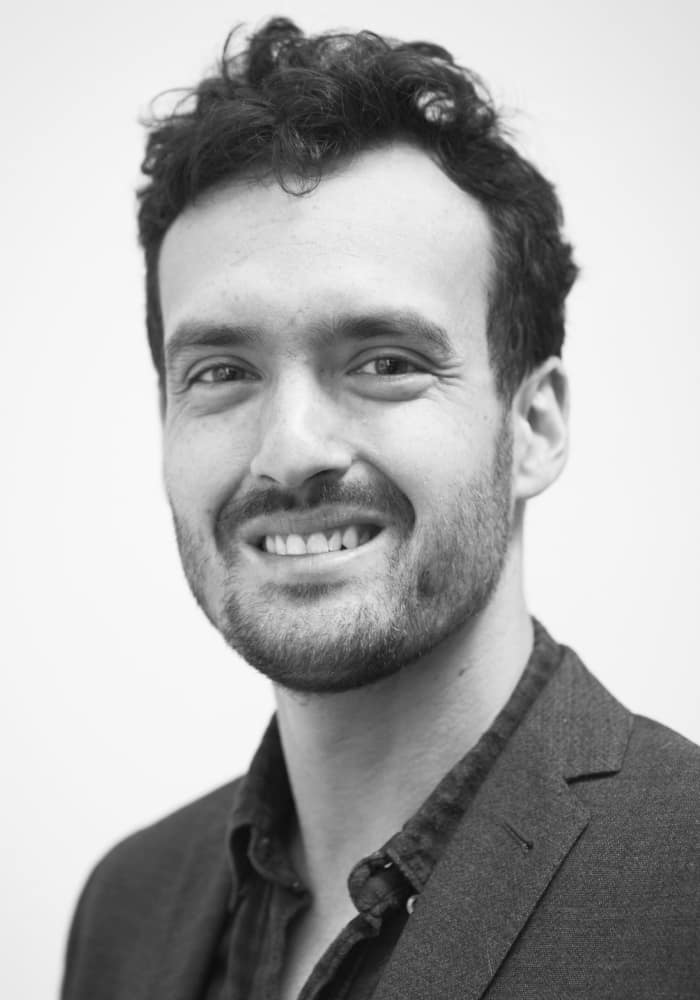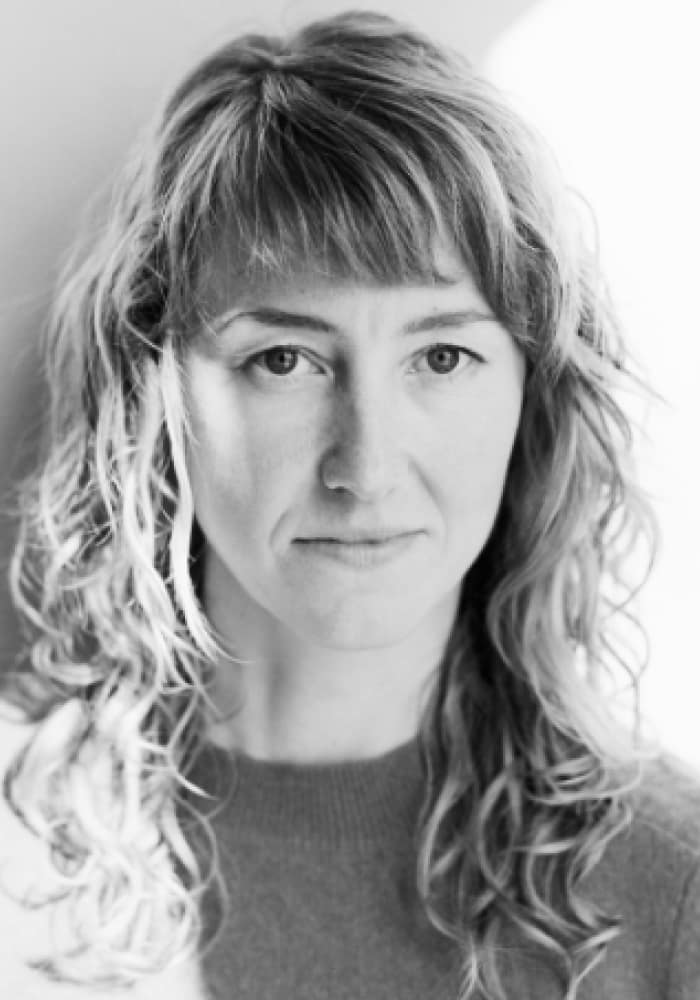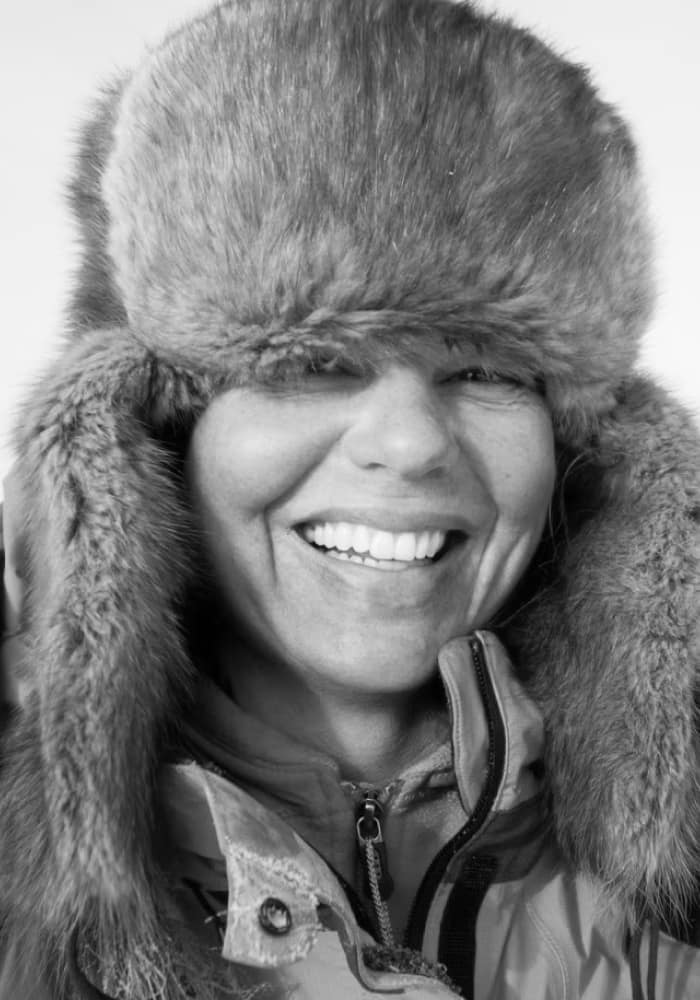LSE professor of economics, author
Ivan
Krastev


Ivan Krastev is one of Europe’s most original and provocative political thinkers. A Bulgarian political scientist and public intellectual, he is best known for his work on democracy, European integration, and the politics of memory and identity. As the chairman of the Centre for Liberal Strategies in Sofia and a permanent fellow at the Institute for Human Sciences in Vienna, Krastev has long been a leading voice on the fragility of liberal democracy, the crisis of the European Union, and the shifting dynamics of global power.
With a rare ability to connect historical perspective with present-day urgency, Krastev’s work helps us understand not just what is happening in Europe and the world—but why it matters, and what might come next.
https://www.zdf.de/play/talk/precht-104/250330-precht-krastev-english-100
Ivan Krastev: Europe is on the brink of a nervous Breakdown
An old joke tells how two fortune tellers met and after spending some time in respectful silence, one said to the other: "Looking into the future, I see that you will be fine. But what will happen to me?"
I remembered this story when recently, at a public event in Vienna, I was asked by one of the listeners if it is possible for a liberal-minded European to be optimistic about the future of Europe.
The question was legitimate. After Donald Trump's victory in the US elections, thoughts about the wars in Ukraine and the Middle East, the unstable economy, and Europeans paralyzed by fear of migration, Europeans are starting to resemble Chance, the hero from Hal Ashby's film "Being There."
In this movie, Chance, played brilliantly by the late Peter Sellers, leads a secluded life, maintaining the garden of an estate and experiencing the world through television. When he is forced to leave and face reality, he is attacked by a knife-wielding street thug. The only thing that comes to mind in this situation is to pull out the TV remote from his pocket and try to change the channel. Nevertheless, Chance survives.
But the future of Europe cannot be taken for granted. In recent years, Europe has been preoccupied with maintaining a status quo that had long been gone, speaking a language that is no longer understandable. It has wasted energy and money in an attempt to restore a world that can never be brought back.
Today, European democracies are on the brink of a nervous breakdown. They are threatened simultaneously by the anger of the voters and the panic among the elites. The voters dream of punishing the elite, while the government hopes to be able to calm down the electorate.
The recent decision of the Constitutional Court of Romania, which annulled the first round of presidential elections due to alleged foreign interference, but probably also because the results were not liked by the ruling parties, shows that the panic among the elites can become more dangerous than the anger of the voters. And at the same time, the attempts of governments to mobilize national unity in the face of external threats fail to convince people to unite under the national flag.
The only way for liberal-minded Europeans to overcome their pessimism is for them to try and understand how and why they fell into the trap of their own excessive optimism at the end of the Cold War.
Until they realize how inappropriate their triumphant understanding of the "end of history" was, they will continue to be haunted by ghosts of events that are falling apart.
In sober retrospect, 1989 no longer looks like the peak of liberalism. In fact, it was a promising year for radical Islam. In this year, for the first time, an Islamist rebellion (in Afghanistan) managed to defeat a superpower (the Soviet Union). The withdrawal of Soviet troops from Afghanistan proved to be a turning point not only for Islamists, but also for ordinary Russians.
When in 2019, The independent sociological center "Levada" asked Russians what 1989 meant to them, and the majority pointed to the humiliation caused by the withdrawal of the Soviet Union from Afghanistan, rather than, for example, the first free elections in Poland after over 40 years or the fall of the Berlin Wall.
It was not the end of communism, but the loss of the superpower's aura that formed Russians' memories of 1989. Therefore, from today's perspective, the resilience of the communist regime in China is a more important historical marker than the failure of communism in Europe. And the rise of so-called middle powers such as India, Turkey, and Brazil is of greater significance in shaping the new geopolitical landscape, overshadowing the much-discussed competition between the US and China.
In the same way, technology and demographics - our attitude towards artificial intelligence and fears of population decline and aging - in the near future will be decisive factors in shaping national policy, rather than the ideological battle between democracy and autocracy.
It is possible that the most important event of 1989 was 17-year-old Elon Musk leaving his native South Africa. His experience as a young white man during the last years of apartheid obviously influenced his current political views. Musk's memories of daily violence in South Africa in the 1980s align with Trump's dystopian vision of modern America. What else is left for us but to find a way to Mars?
Dancing to a constantly changing melody can be exhausting for a liberal-minded European, but it can also be liberating. As people turn to 2024, it is entirely possible that neither Trump's victory nor the rise of authoritarianism around the world will seem as significant as they do now after decades.
Europeans must learn the lesson that history is not loyal to anyone - it is free and has many lovers. Therefore, there is no place for panic.
LOCATION

Zuiderkerk
The Zuiderkerk is a 17th-century Protestant church in the Nieuwmarkt area of Amsterdam, the capital of the Netherlands. The church played an important part in the life of Rembrandt and was the subject of a painting by Claude Monet.
Zuiderkerkhof 72,
1011 HJ Amsterdam
Sign up to receive updates on new speakers, posts, and upcoming events.
©2025 Stichting G10 van de economie | KVK 61319023
















